The history of the first female doctors
Imagine a world where women were not allowed to practice medicine. It seems unfathomable today, yet this was a reality for centuries. Women have always played a crucial role in maintaining health and healing, even when their contributions were not formally recognized.
From ancient healers to modern innovators, women have repeatedly broken barriers to pave the way for future generations of female doctors. Let’s journey through the fascinating history of women in medicine, celebrating their resilience and achievements.
Ancient Healers: Women Who Practiced Medicine in Antiquity
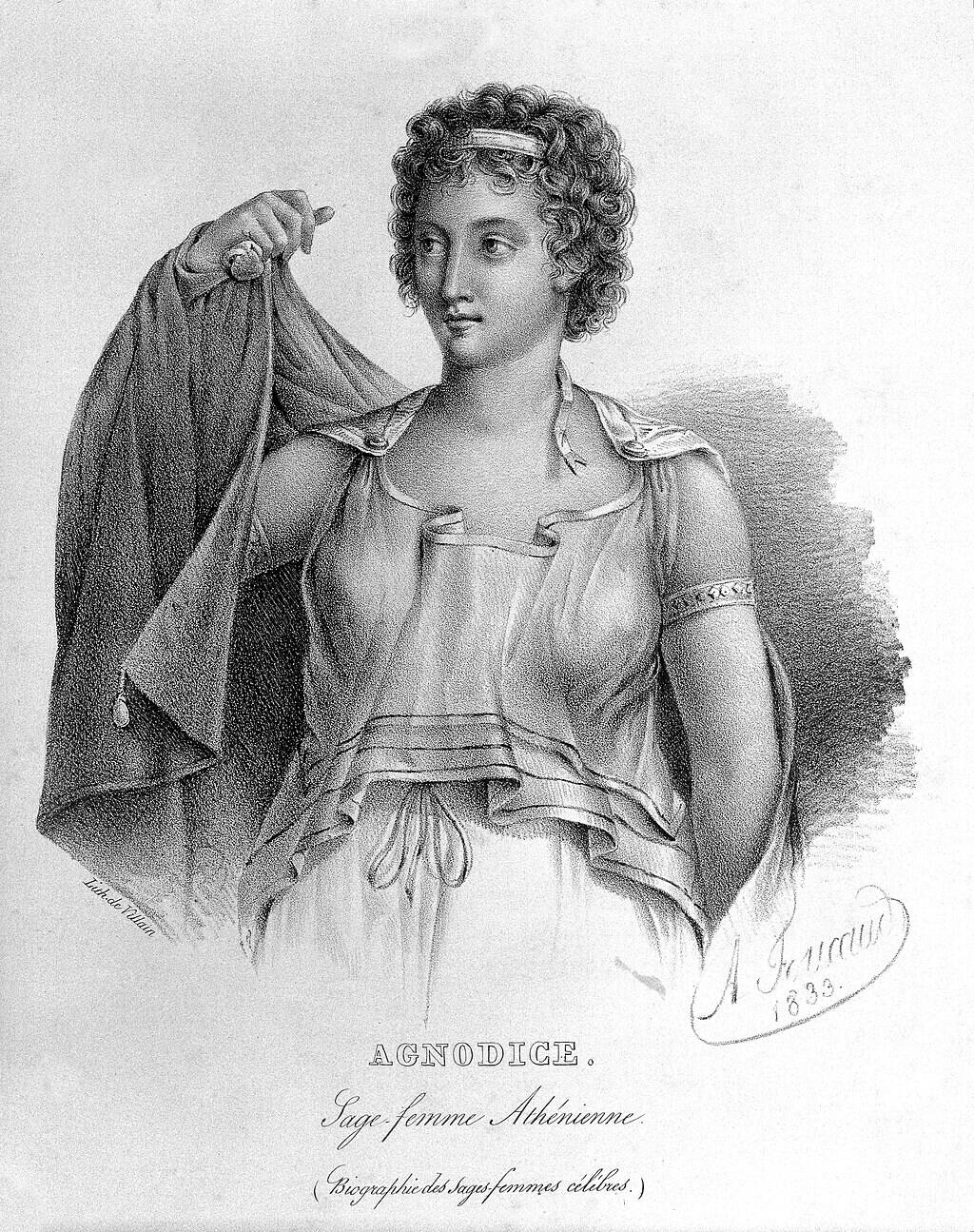
In ancient times, women often served as primary caregivers in their communities. In Egypt, for instance, Merit-Ptah was supposedly recognized as a physician. Roman records mention Agnodice, a woman who disguised herself as a man to study medicine in Athens. However, modern scholars now suspect that neither woman ever existed.
Women in antiquity often relied on herbal remedies and midwifery skills, passing down their knowledge through generations. Their contributions were vital, even if they weren’t always documented in the historical records.
The Medieval Midwives and Herbalists
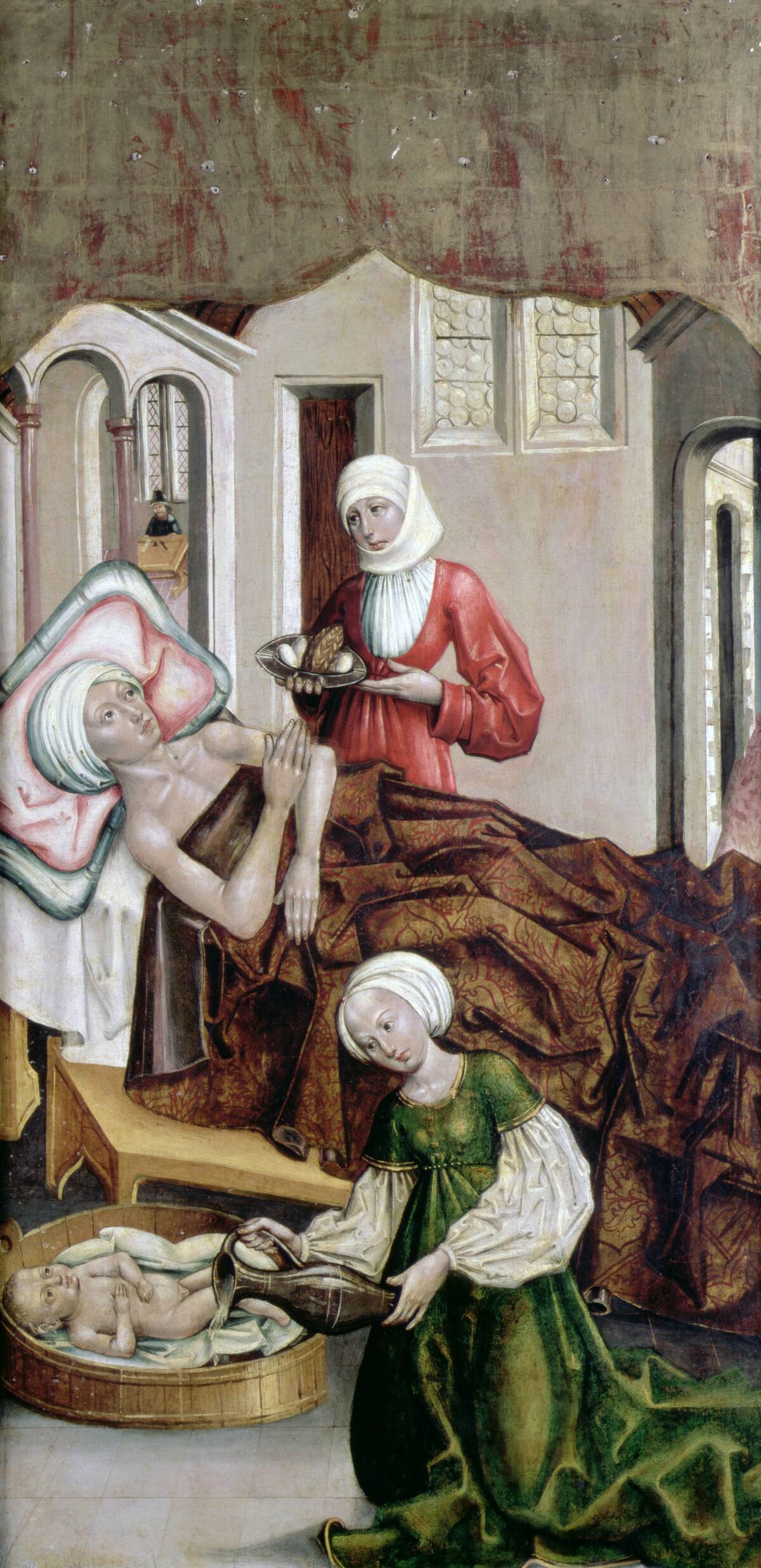
During the medieval period, midwives and herbalists were the backbone of medical care in many communities. These women, often viewed with suspicion by male-dominated medical institutions, played crucial roles in childbirth and holistic healing.
They used plants and herbs to treat ailments, knowledge that was often dismissed as superstition and sometimes even witchcraft by the male medical elite. Despite facing persecution, including witch hunts, these women continued to provide essential healthcare services to their communities.
Breaking Ground: Women in Medieval Medicine
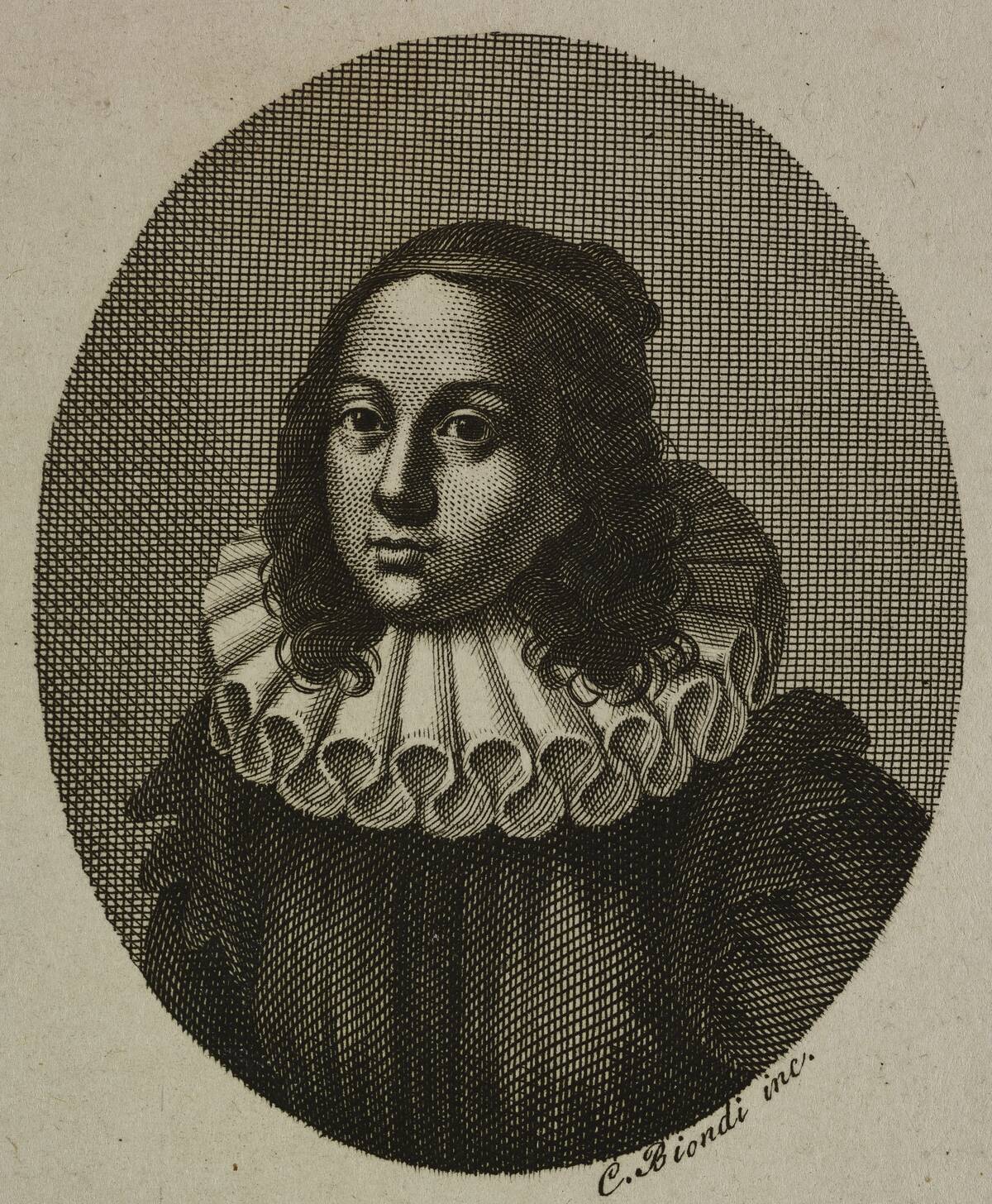
The Medieval era saw a gradual shift in attitudes towards women in medicine. Some women, like Trotula of Salerno, gained recognition for their medical knowledge and contributions. Most universities, however, still largely excluded women, forcing them to find alternative ways to gain medical knowledge. A notable exception included the Schola Medica Salernitana, where Trotula studied.
Despite these limitations, women continued to make significant contributions, particularly in the fields of obstetrics and herbal medicine, laying the groundwork for future advancements.
The 19th Century: A Turning Point for Female Physicians
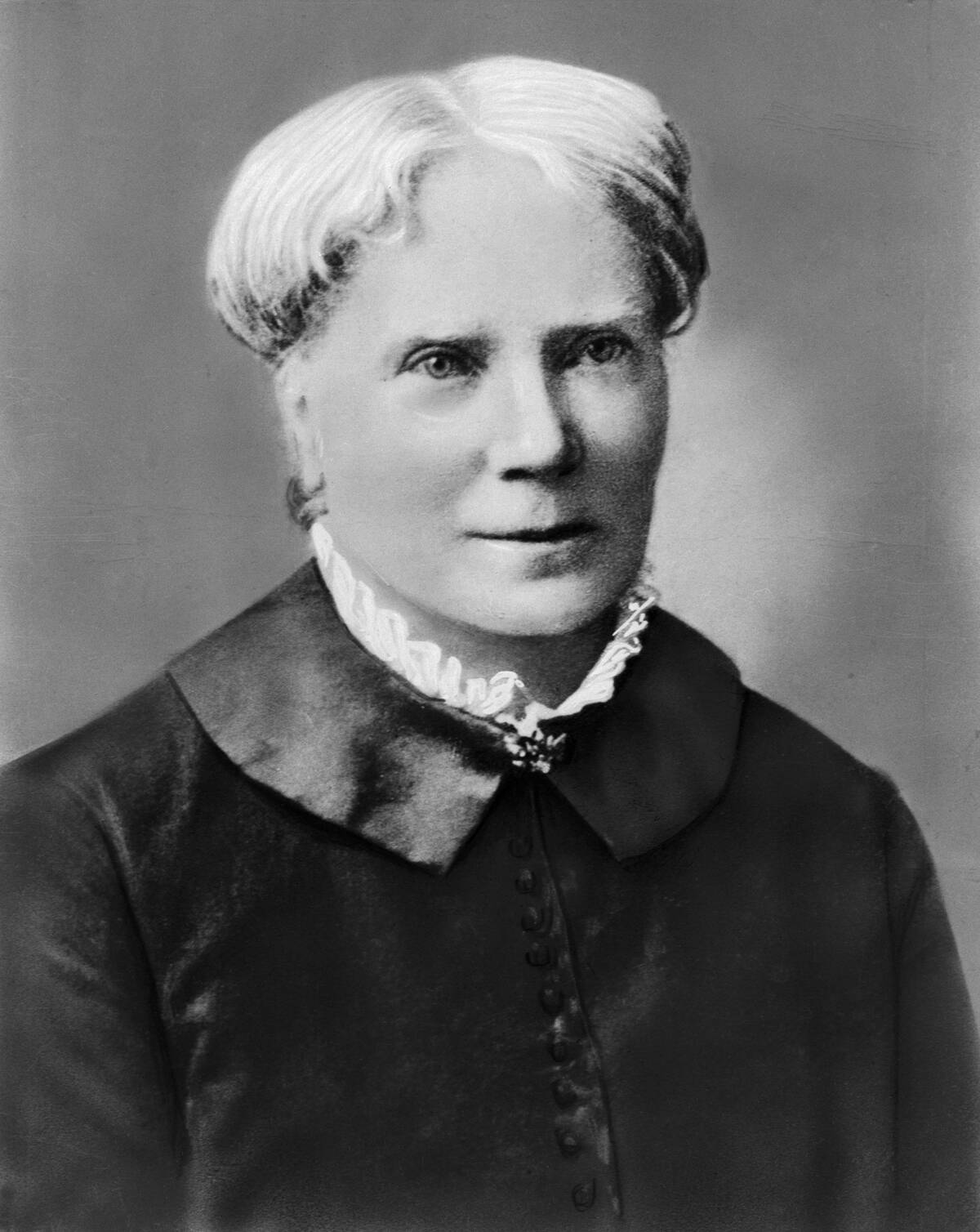
The 19th century marked a pivotal moment for women in medicine. Social movements advocating for women’s rights, including education, gained momentum. Women began to be admitted into medical schools, though often in separate classes from men.
Elizabeth Blackwell became the first woman to earn a medical degree in the United States in 1849, inspiring many others to follow in her footsteps. This era saw the establishment of women’s medical colleges, providing new opportunities for female physicians.
Elizabeth Blackwell: America’s First Female Doctor

Elizabeth Blackwell’s journey to becoming America’s first female doctor was fraught with challenges. Born in 1821, she faced rejection from multiple medical schools before being accepted by Geneva Medical College in New York.
Her perseverance paid off when she graduated in 1849, breaking a significant gender barrier in the medical field. Blackwell went on to establish a medical college for women in London in 1874, advocating for their rights to education and professional practice, leaving a lasting legacy.
Breaking Barriers in the UK: Dr. Elizabeth Garrett Anderson
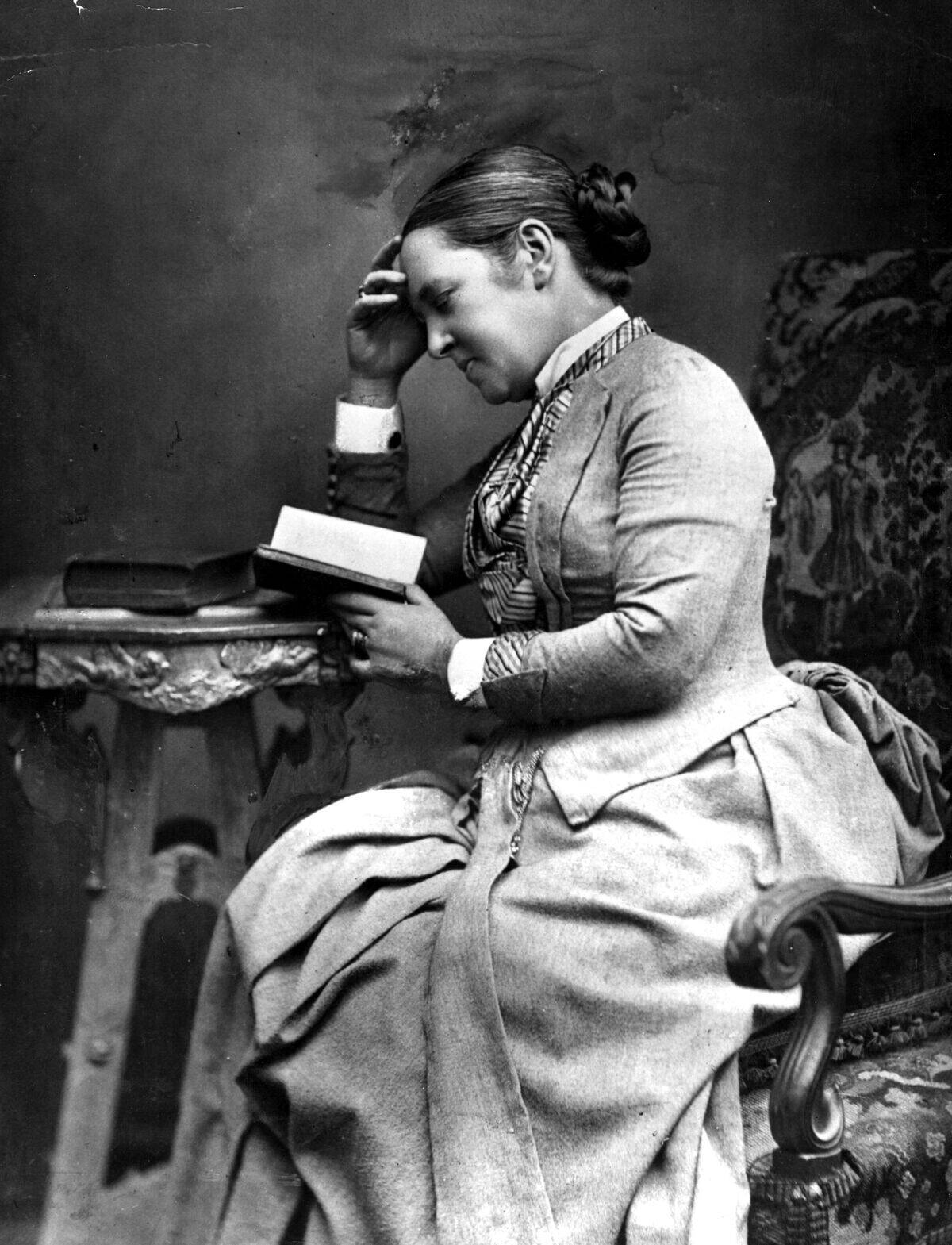
In the UK, Dr. Elizabeth Garrett Anderson was a trailblazer for women in medicine. After studying privately and overcoming immense opposition, she became the first woman to qualify as a doctor in Britain in 1865.
She co-founded the first hospital staffed entirely by women and went on to become the first female dean of a British medical school. Her determination and advocacy paved the way for future generations of female doctors in the UK.
Russia’s Trailblazer: Dr. Nadezhda Suslova
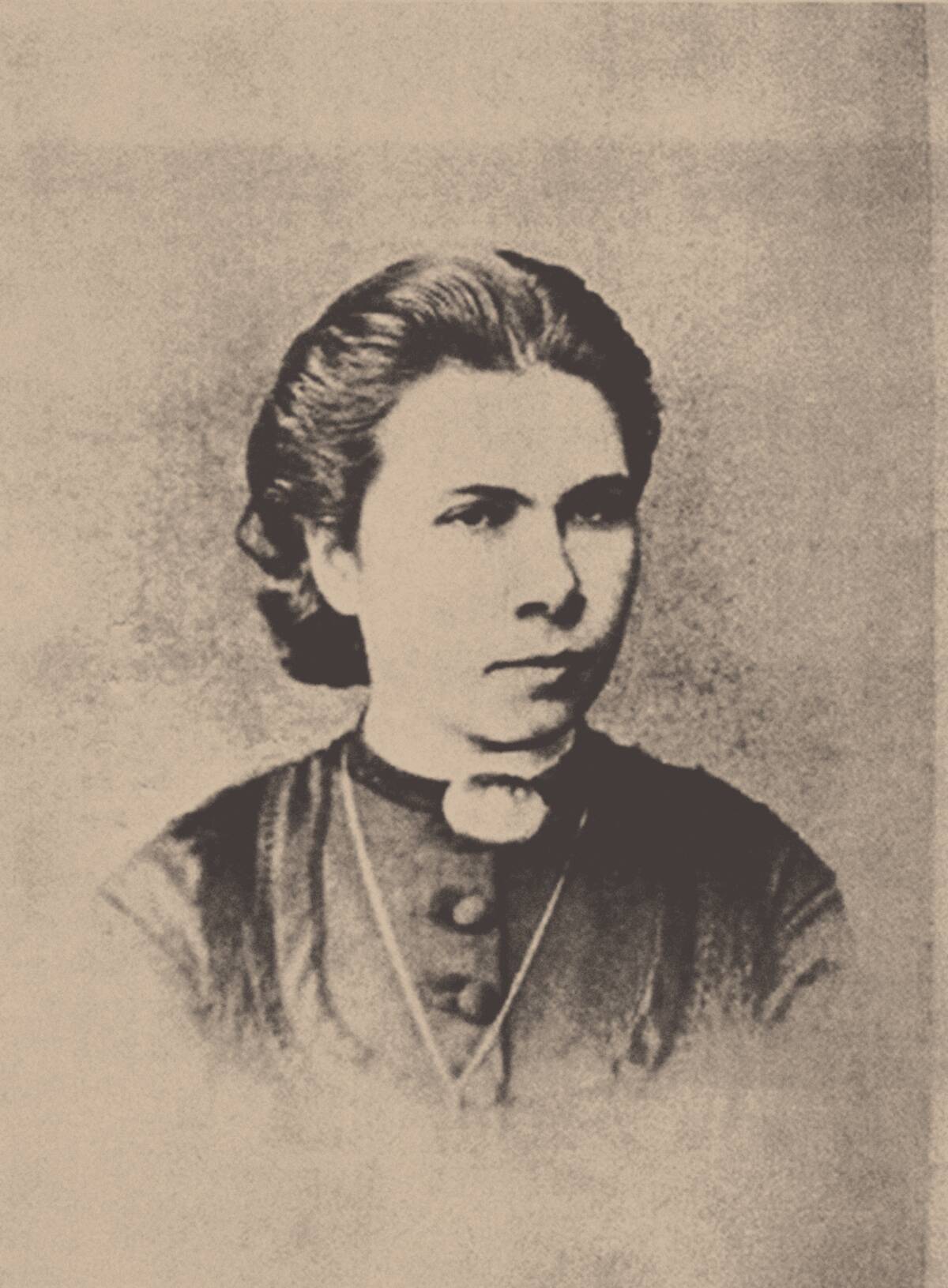
Dr. Nadezhda Suslova made history as Russia’s first female doctor. Born in 1843, she overcame significant barriers to enroll at the University of Zurich, one of the few institutions accepting female students at the time.
Suslova earned her medical degree in 1867, specializing in gynecology and obstetrics. She dedicated her career to improving women’s healthcare in Russia, advocating for medical education and professional opportunities for women in the country.
Women in Eastern Medicine: The Female Doctors of Asia
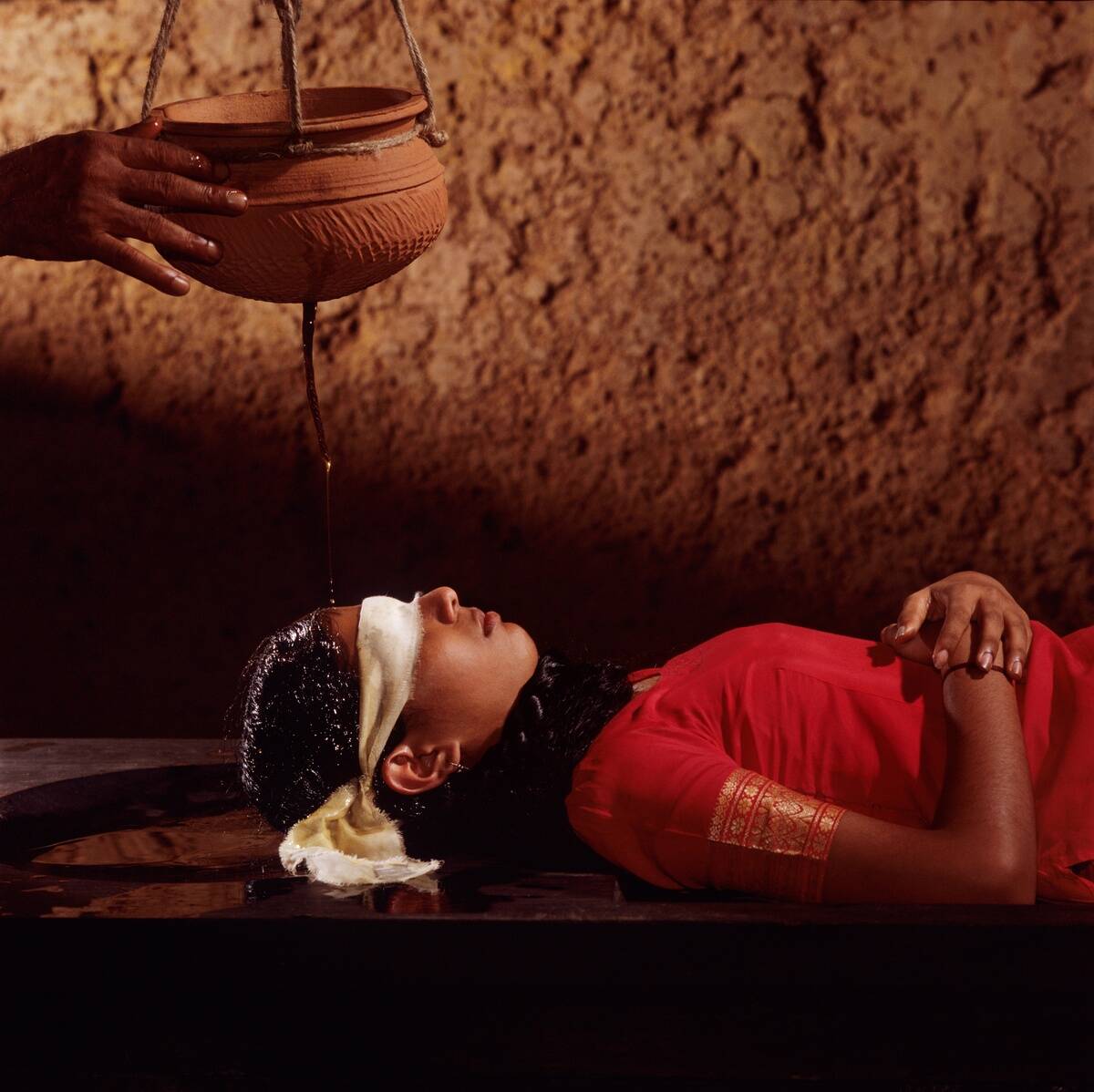
In Asia, women have long contributed to traditional medicine practices. In China, female doctors like Tan Yunxian practiced medicine during the Ming Dynasty, focusing on women’s health. Ancient Indian Ayurvedic practices also saw women as key practitioners of holistic healing methods.
These women often worked within patriarchal frameworks but managed to carve out spaces where they could provide crucial healthcare. Their legacy continues to influence modern practices in Eastern medicine.
The Role of Female Doctors During the World Wars
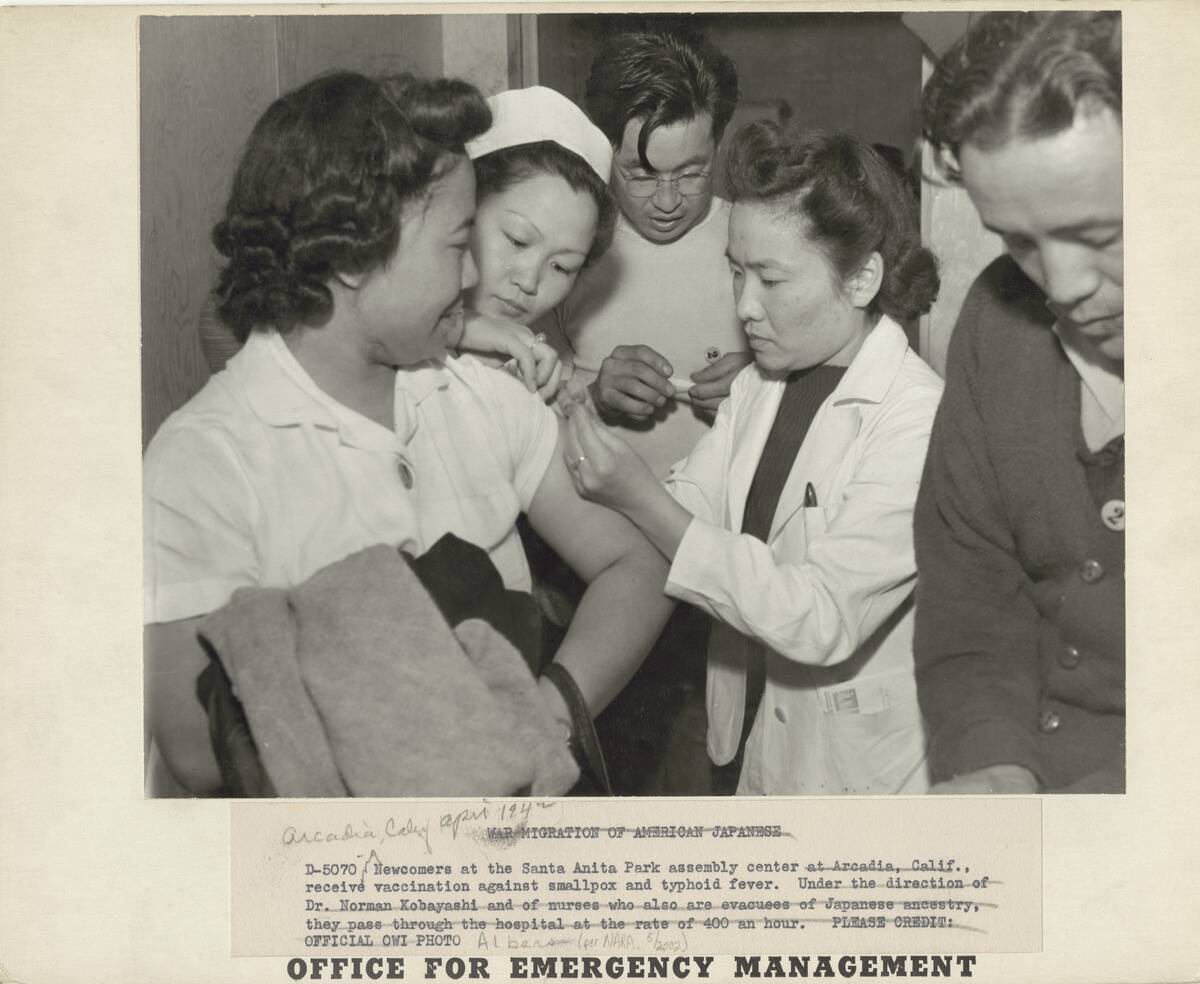
During the World Wars, female doctors played a crucial role in the medical field. With many male doctors serving on the frontlines, women stepped in to fill the gaps, providing essential medical care both at home and in war zones.
Their contributions were invaluable, leading to increased recognition and respect for women in medicine. The wars catalyzed changes in societal attitudes, helping to open doors for women in the medical profession globally.
The Rise of Women in Global Medical Education
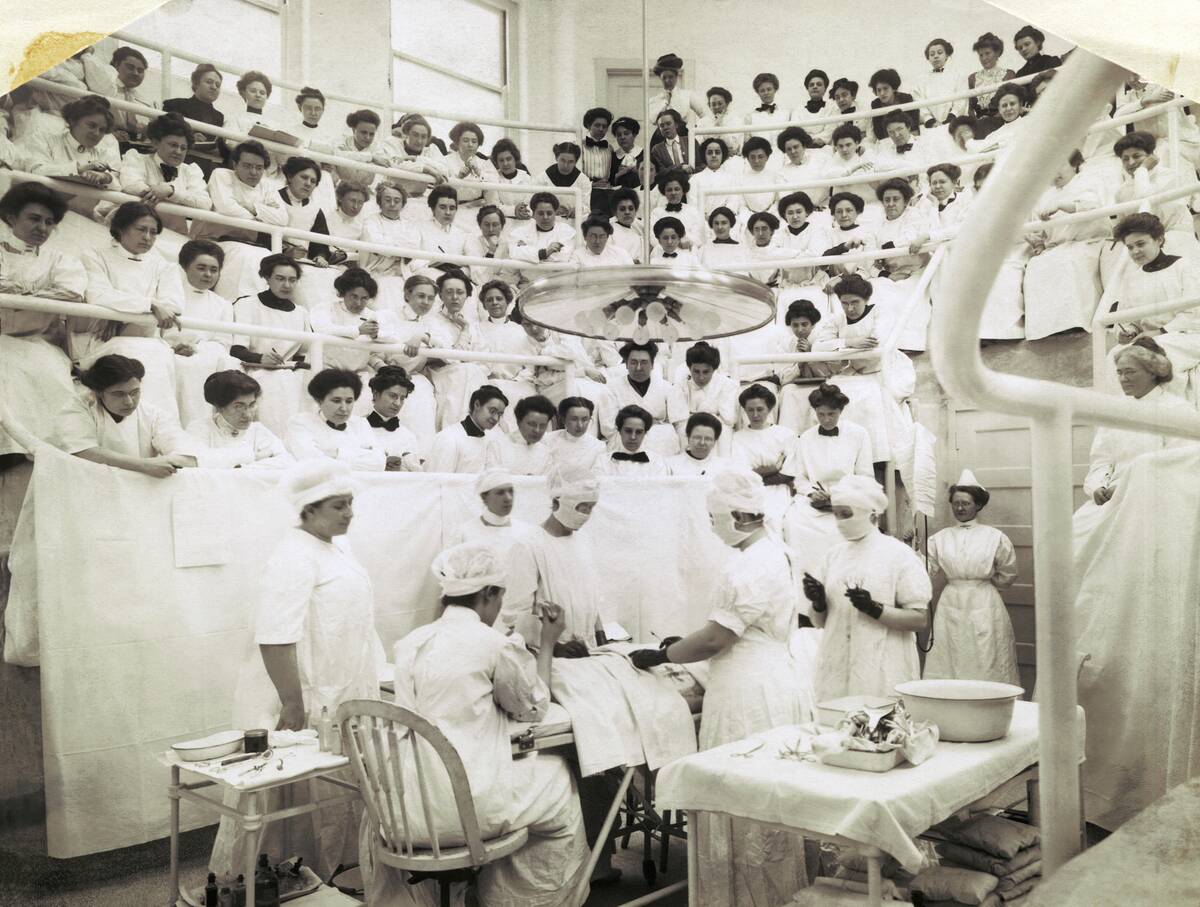
The 20th century saw a significant rise in women pursuing medical education. More universities and medical schools began admitting female students, leading to a gradual increase in the number of women in the medical field.
This shift was fueled by changing societal norms and the tireless efforts of women’s rights advocates. Today, women make up a significant portion of medical students worldwide, reflecting the ongoing progress and impact of female pioneers in medicine.
Modern Trailblazers: Women Leading Medical Innovations

Today’s female doctors are at the forefront of medical innovations, leading groundbreaking research and advancements. Figures like Dr. Kizzmekia Corbett, who played a significant role in developing the Moderna COVID-19 vaccine, exemplify the impact of women in modern medicine.
Women continue to lead in various specializations, from cardiology to oncology, and are instrumental in driving forward the future of healthcare with their expertise and dedication.
Challenges Faced by Early Female Doctors
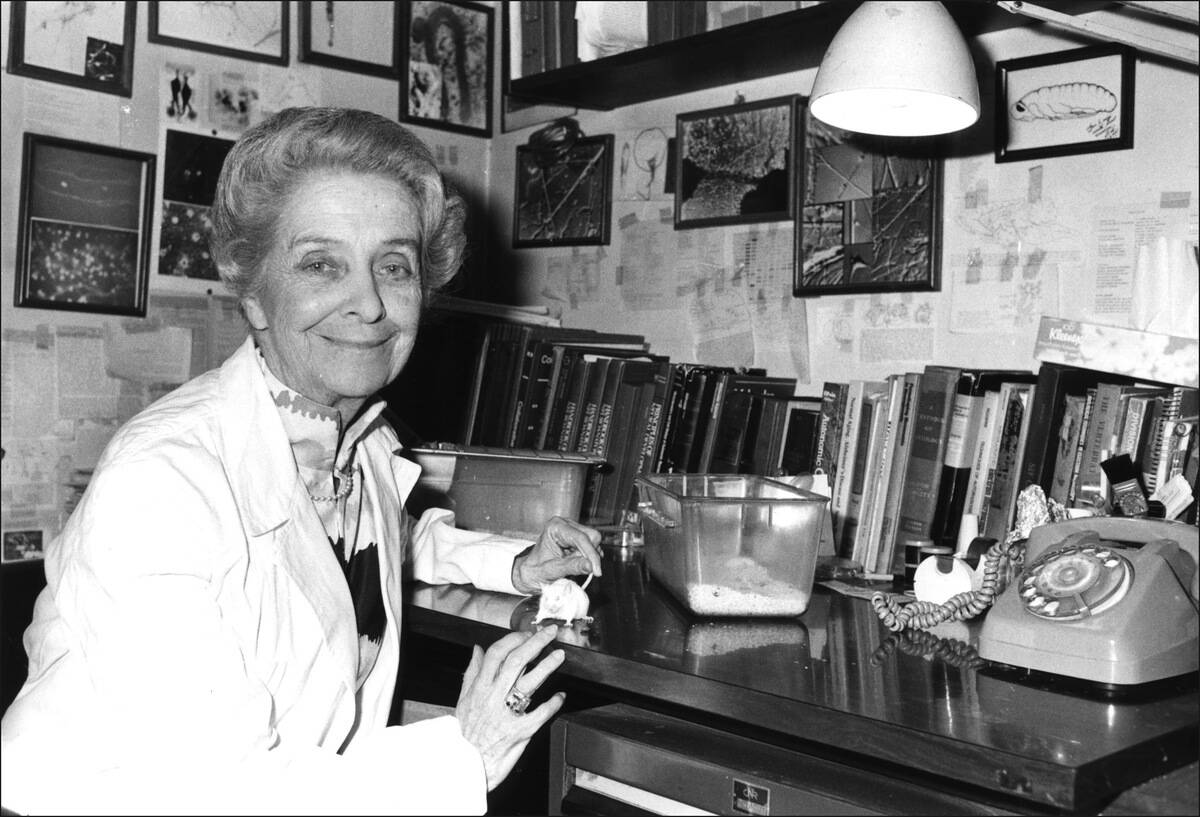
Early female doctors faced numerous challenges, including gender discrimination and limited access to education. Many were forced to study abroad or attend women-only institutions to achieve their medical degrees.
Despite these hurdles, they persevered, often working in underserved areas or establishing their own practices. Their resilience and determination laid the foundation for future generations of women in medicine, proving that barriers could indeed be broken.
Celebrating Diversity: Women Doctors Across Cultures
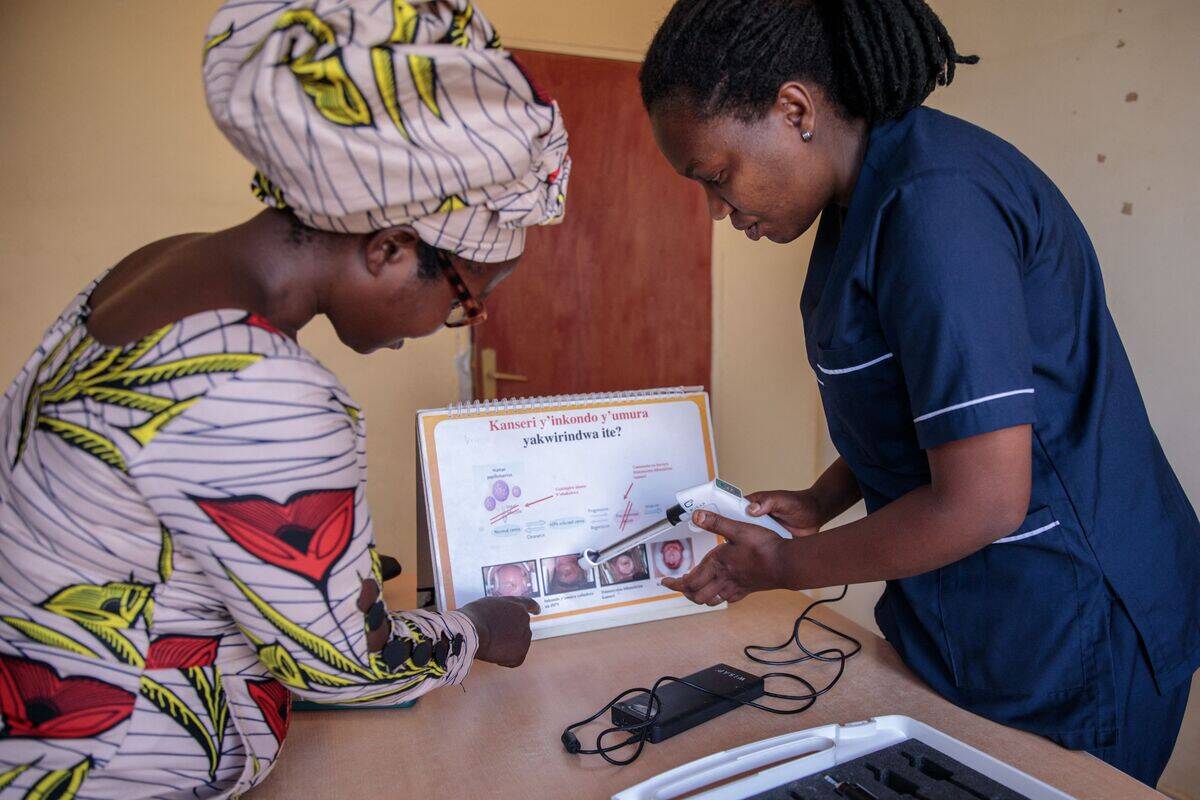
The contributions of women doctors are as diverse as the cultures they come from. In Africa, traditional healers have long been an integral part of healthcare, while in Latin America, women have made significant strides in both traditional and modern medical practices.
Each culture brings unique perspectives and methods to medicine, enriching the global medical community. Celebrating this diversity highlights the universal impact of women in advancing healthcare worldwide.
The Impact of Female Doctors on Women’s Health
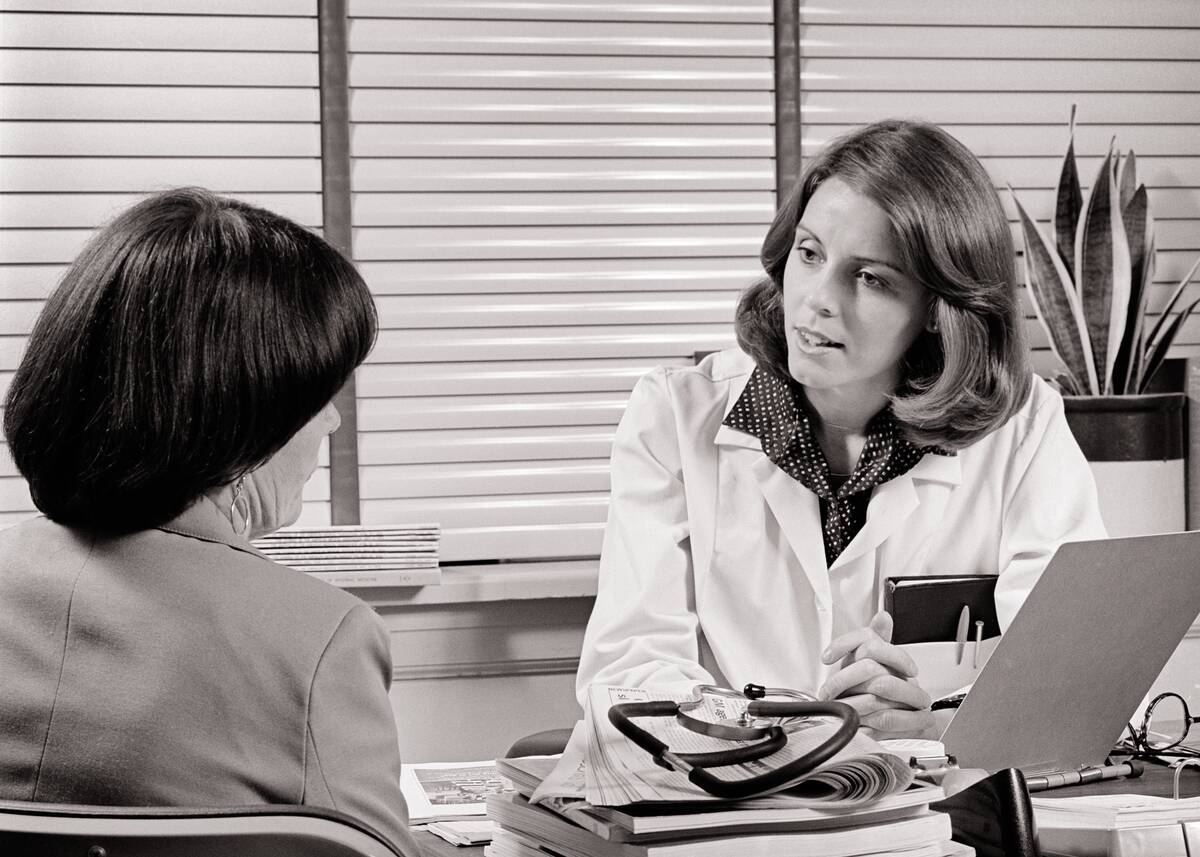
Female doctors have significantly impacted women’s health, advocating for better care and research focused on female-specific issues. They have championed causes such as reproductive rights, maternal health, and gender-specific medical research.
Their presence in the medical field has led to increased awareness and understanding of women’s health issues, ultimately improving healthcare outcomes for women globally. These contributions underscore the essential role of women in shaping health policies and practices.
Notable Achievements by Female Doctors in History
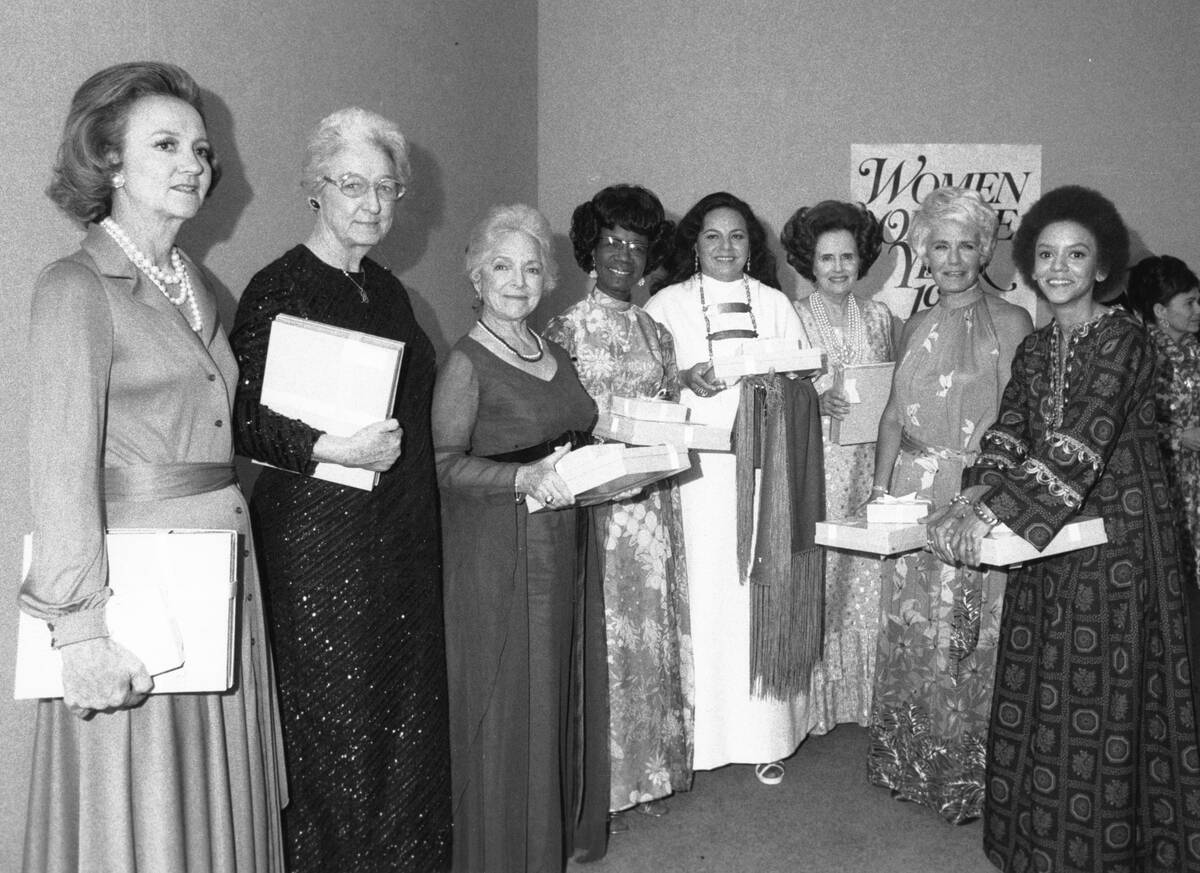
Throughout history, female doctors have achieved remarkable milestones. Dr. Virginia Apgar developed the Apgar Score, revolutionizing neonatal care. Dr. Helen Brooke Taussig’s work in pediatric cardiology led to life-saving heart surgery techniques.
These achievements, among many others, highlight the profound impact women have had on medical advancements. Their contributions continue to inspire future generations of women striving to make their mark in the medical field.
Inspiring Stories of Resilience and Dedication
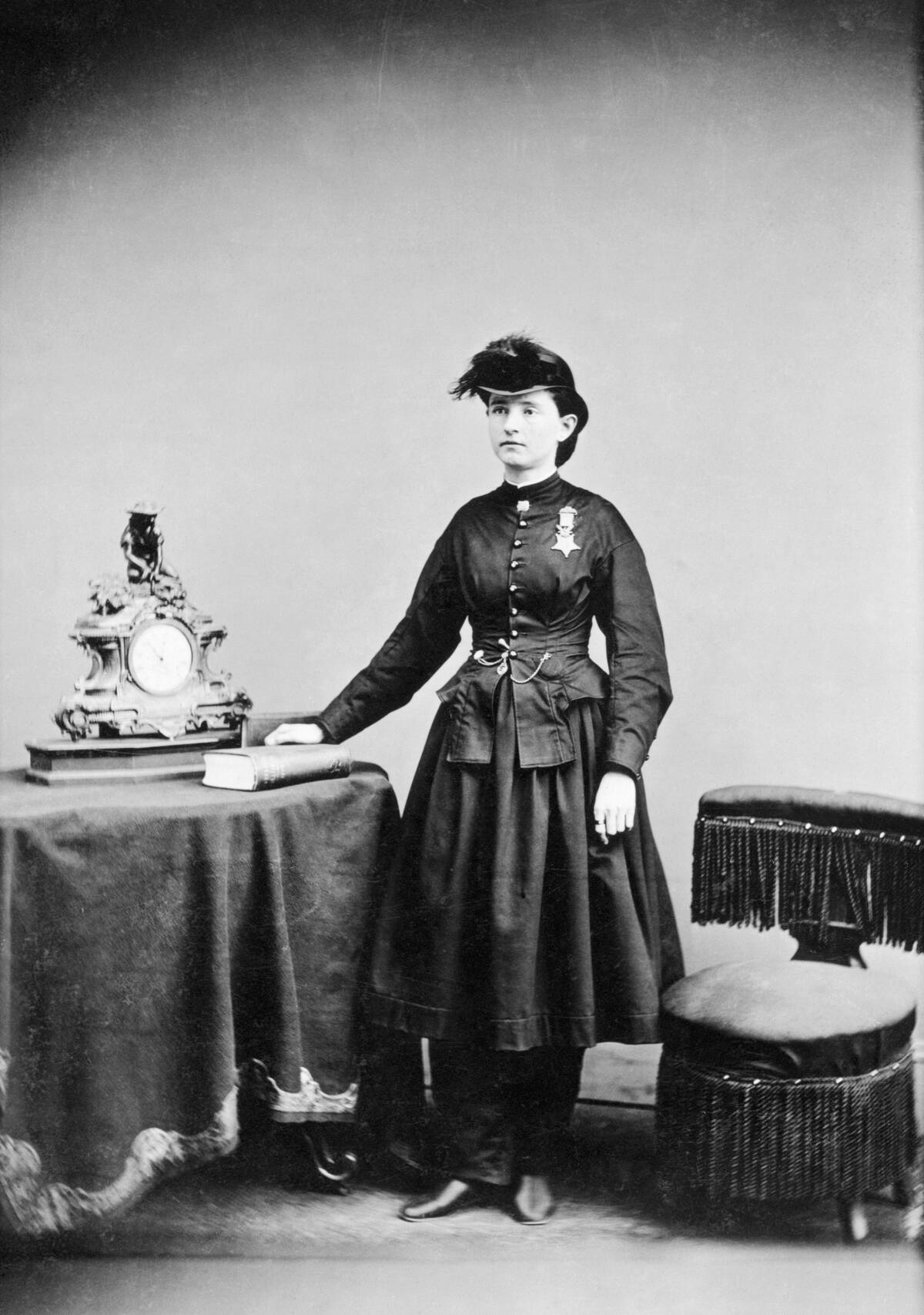
Stories of resilience and dedication abound among female doctors. Dr. Mary Edwards Walker, a Civil War surgeon and Medal of Honor recipient, faced gender bias but remained committed to her medical practice. Dr. Gerty Cori, the first woman to win a Nobel Prize in Physiology or Medicine, overcame significant obstacles to achieve her groundbreaking research.
These inspiring stories remind us of the courage and determination it takes to overcome challenges and make a lasting impact.



